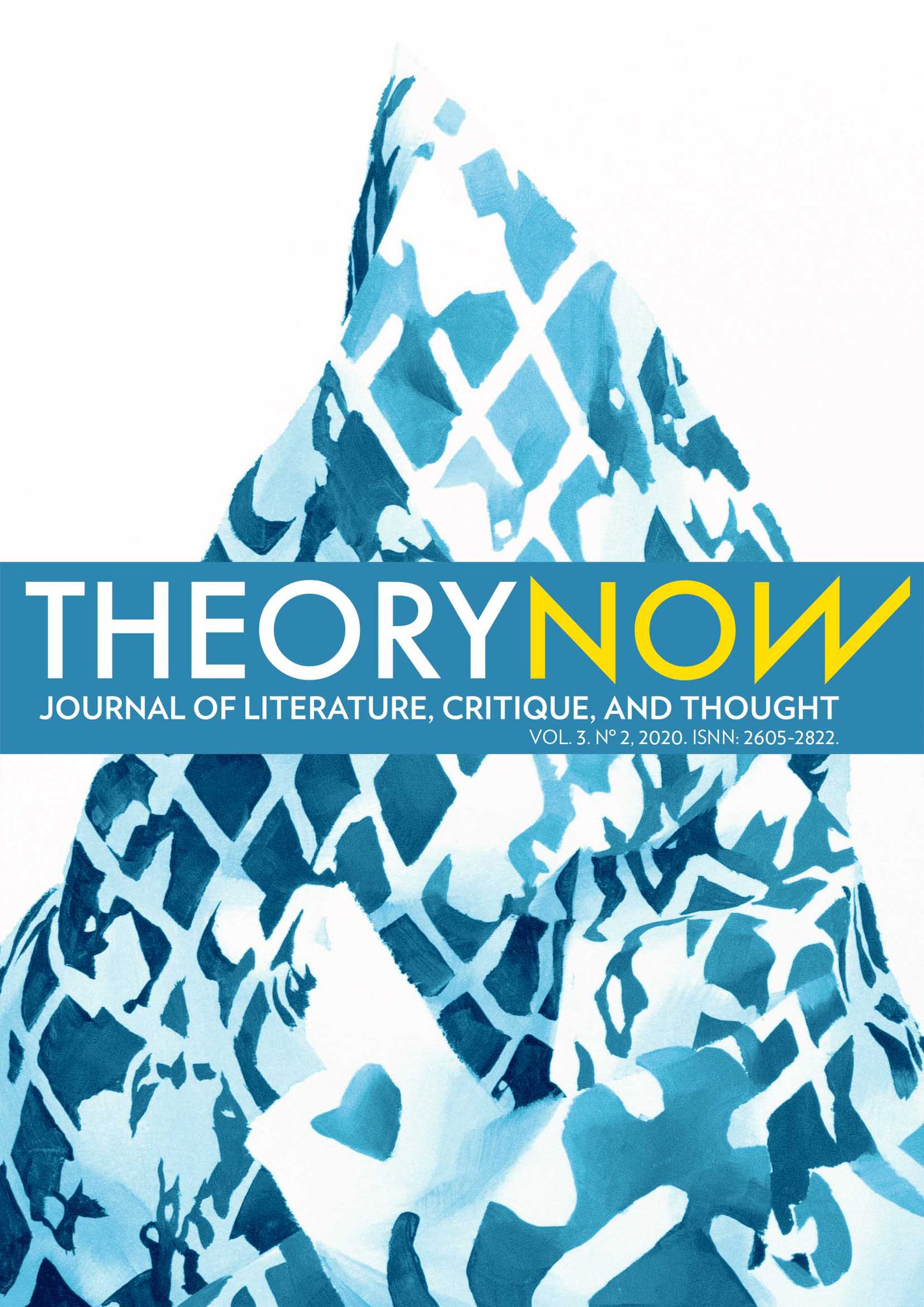The Cantigas, the Court, and Bourdieu
DOI:
https://doi.org/10.30827/tn.v5i1.22810Abstract
In September 2017, the contemporary Galician poet Chus Pato described trobar in terms of the following synonyms: “Trobar, atopar, xirar, rodear, dar a volta a algo, ir derredor, rodar a palabra, darlle voltas”. Inspired by this, my article studies, from a social angle, why and how medieval troubadours using Galician-Portuguese “located”, “surrounded”, “spun around”, “returned upon”, “circled behind”, “encircled” and “returned” to specific words or conventions within the space of the court. In the first half of my discussion, I explore the “why” by applying Pierre Bourdieu’s theories on linguistic exchanges to the Iberian court communities in which these songs were composed and I present the “how” via case studies taken from a subset of cantigas labelled as being of “género incerto” by one of the main online databases of medieval Galician-Portuguese lyric. In the second, I demonstrate how we can use Bourdieu’s definitions of “field”, “habitus” and “cultural capital” to uncover how troubadours proved their “profit of distinction” by giving one of the main conventions of the cantigas, coita, their own meaning.
Downloads
Downloads
Published
How to Cite
Issue
Section
License
Theory Now. Journal of Literature, Critique, and Thought is an immediate open-access publication which is available at no cost for readers and authors alike. Authors are not charged any kind of fee for the editorial processing of their articles. Reading, downloading, copying, distributing, printing, searching, linking or reusing all published articles for non-commercial uses is allowed on the condition of citing the author, the journal and the editing body. All intellectual material published in this journal is protected under a Creative Commons Attribution-NonCommercial 3.0 Spain license.
Dissemination of the articles in social (Facebook, Twitter, Linkedin, etc.) and scientific networks (ResearchGate, Academia.edu, etc.), public repositories at universities and other institutions, blogs, personal or institutional websites, Google Scholar, ORCID, ResearchID, ScopusID, etc. is strongly encouraged. In all cases, the intellectual property of the articles and any possible monetary profits derived from them belong exclusively to the authors.













